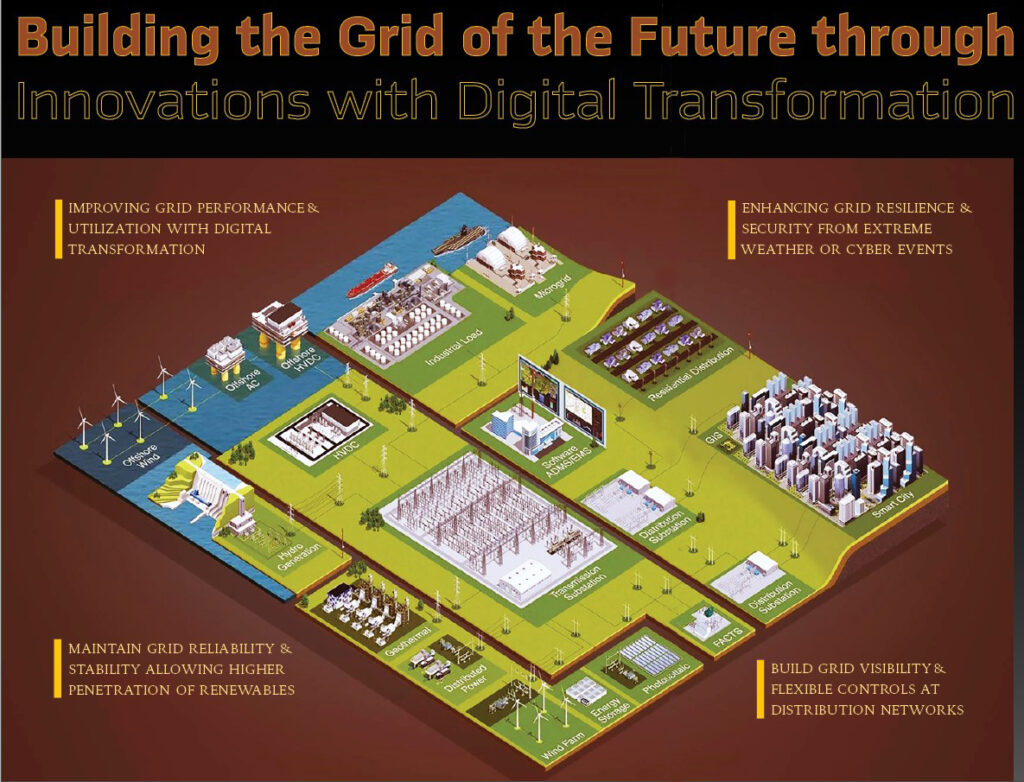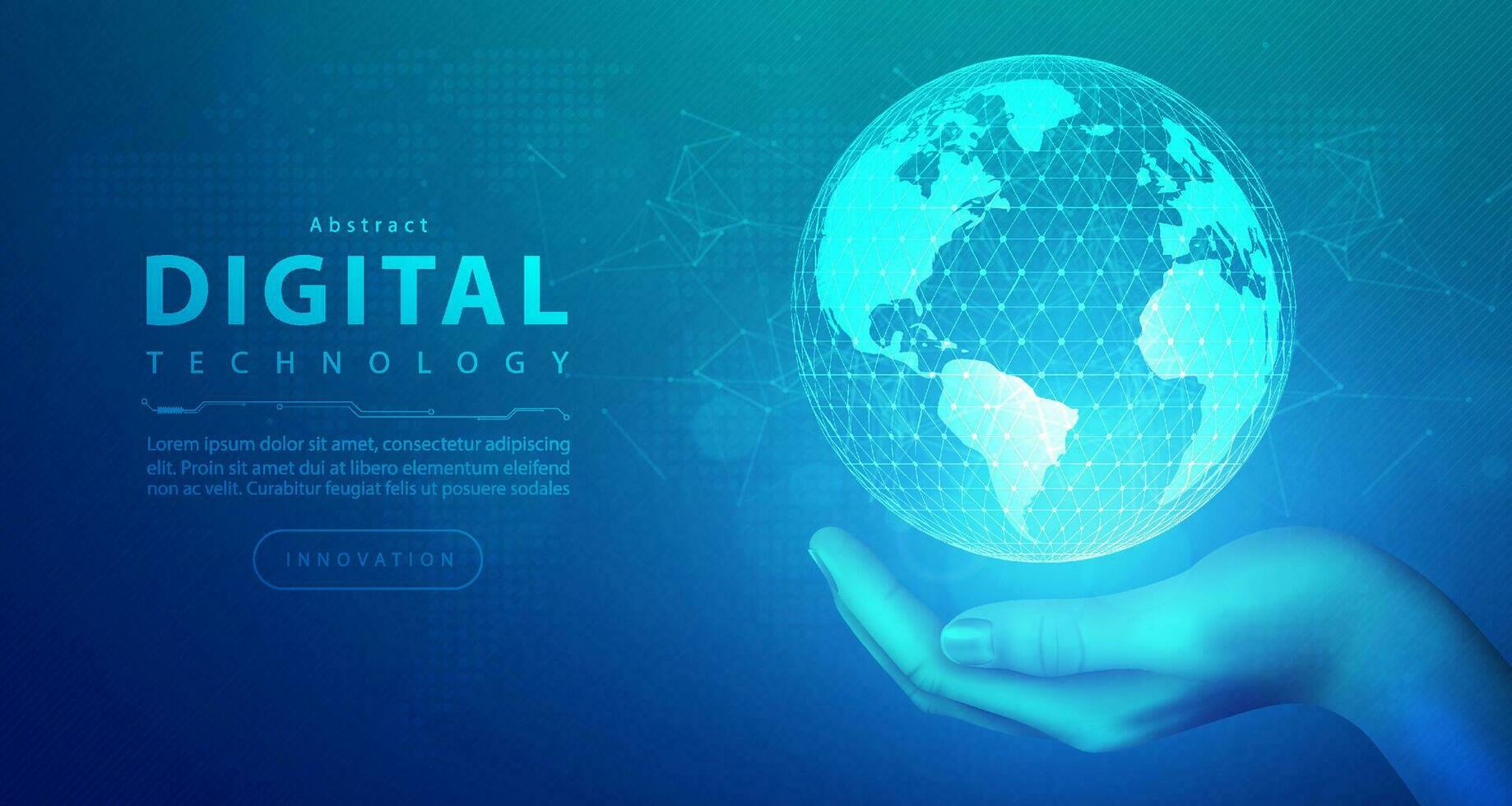Technology for the future is ever-evolving and will play a crucial role in shaping our world. As we move forward, advancements in artificial intelligence, quantum computing, and biotechnology are set to revolutionize various industries and improve our daily lives.
The rapid pace of technological innovation continues to transform the way we live, work, and interact with the world around us. From the development of sustainable energy solutions to the integration of automation in various sectors, technology will continue to drive progress and create new opportunities.
Additionally, the ongoing exploration of outer space and the potential for space tourism and colonization are exciting prospects for the future. With the increasing interconnectedness of global communities, technology will be essential for addressing societal challenges and fostering sustainable development. In this dynamic landscape, we are on the brink of a new technological era that promises to redefine our future in profound ways. As we embrace these innovations, it is essential to prioritize ethical considerations and ensure that technology serves as a force for positive change.
The Evolution Of Technology
The future of technology is constantly evolving, with new innovations and advancements shaping the way we live and work. From artificial intelligence to virtual reality, the possibilities for the future of technology are endless, promising a world of connectivity and convenience.
| The evolution of technology has brought remarkable changes. |
| From past to present, technological advancements have shaped our world. |
Artificial Intelligence Revolution
Artificial Intelligence (AI) is reshaping the world as we know it, with limitless potential for various industries. AI’s applications span across sectors like healthcare, finance, and transportation, driving innovation and efficiency. However, the development of AI also raises important ethical considerations. As we embrace this technological revolution, it’s crucial to prioritize ethical standards and consider the impact of AI on society at large. Balancing progress with ethical responsibility is key to harnessing the true potential of AI and shaping a future that benefits everyone.
Internet Of Things (iot) Impact
The Internet of Things (IoT) has revolutionized the way we connect devices and collect data. IoT technology has paved the way for the concept of smart cities, where interconnected devices work together to improve efficiency and sustainability.
With IoT, everyday objects such as streetlights, traffic signals, and even trash cans can be equipped with sensors and connected to the internet. This allows for real-time monitoring and data collection, enabling cities to make informed decisions and take proactive measures to enhance the quality of life for their residents.
One of the key benefits of integrating IoT into smart cities is improved resource management. Connected devices can optimize energy consumption, reduce waste, and enhance transportation systems. For example, sensors can monitor and regulate water usage, detect leaks, and optimize irrigation systems in urban areas, leading to significant water conservation.
Additionally, IoT-powered smart cities can create safer environments. Real-time monitoring of traffic patterns and pedestrian movements allows the implementation of dynamic traffic management systems and the prevention of accidents. Connected surveillance systems can detect and respond to suspicious activities promptly, improving public safety.
IoT’s impact on smart cities is not limited to these aspects. The possibilities are vast, from efficient waste management to optimizing healthcare services. The integration of IoT technology in cities is an essential step towards building a more sustainable and connected future.
Blockchain And Cryptocurrency Influence
The emergence of blockchain technology and cryptocurrency has the potential to revolutionize various industries, including finance, due to its ability to enhance security and transparency. Blockchain technology, with its decentralized nature, eliminates the need for intermediaries and provides a secure and immutable ledger for transactions. This can significantly reduce fraud and unauthorized access to sensitive information.
Furthermore, the use of cryptocurrencies, such as Bitcoin, allows for quick and efficient cross-border transactions, eliminating the need for costly intermediaries and reducing processing times. Cryptocurrencies also offer opportunities for financial inclusion, enabling individuals without access to traditional banking systems to participate in the global economy.
However, the widespread adoption of blockchain and cryptocurrencies could potentially disrupt traditional financial systems, as they challenge the existing centralized frameworks and traditional forms of currency. Regulators and financial institutions are grappling with the need to develop appropriate frameworks and regulations to harness the benefits of this technology while mitigating associated risks.
In conclusion, blockchain technology and cryptocurrencies have the potential to transform various industries, particularly finance, by enhancing security, transparency, and efficiency. However, their widespread adoption poses challenges for existing systems and necessitates careful regulation and governance.
Renewable Energy Solutions
The future of technology lies in harnessing renewable energy sources such as solar, wind, and hydro power. These clean energy solutions offer numerous advantages, including reducing carbon emissions, contributing to a healthier environment, and offering sustainable energy options. Solar power harnesses the sun’s energy, while wind power utilizes the natural force of the wind to generate electricity. Additionally, hydro power generates electricity from flowing water, making it a reliable and renewable energy source. Embracing these renewable energy solutions will pave the way for a more sustainable and eco-friendly future.

Credit: www.pacw.org
Virtual And Augmented Reality Expansion
Experience the future with the expansion of Virtual and Augmented Reality technology. Immerse yourself in virtual worlds and enhance your reality with cutting-edge advancements in technology. Discover limitless possibilities in the world of virtual and augmented reality.
| Applications in Gaming and Entertainment: Virtual and augmented reality are transforming the gaming and entertainment industries. |
| VR and AR in Training and Education: These technologies are also revolutionizing training and educational methods. |
Biotechnology Breakthroughs
Discover the latest biotechnology breakthroughs shaping the future with innovative technologies paving the way for advancements in healthcare, agriculture, and environmental sustainability. These cutting-edge solutions hold tremendous potential to revolutionize industries and improve quality of life globally.
| Biotechnology Breakthroughs | Gene Editing and Personalized Medicine |
| Ecological Benefits of Biotech Innovations |
The cutting-edge field of biotechnology presents remarkable opportunities for advancements in gene editing and personalized medicine. These breakthroughs hold the potential to revolutionize healthcare, offering tailored treatments that cater to individual genetic makeup. Moreover, biotech innovations harbor positive ecological impacts, promoting sustainable practices and reducing environmental footprints. Through gene editing, scientists can address genetic disorders with precision, paving the way for targeted therapies that enhance patient outcomes. The integration of personalized medicine into healthcare systems holds promise for improving treatment efficacy and patient satisfaction. the ecological benefits of these advancements highlight the importance of integrating biotechnology into various industries, fostering sustainable solutions for the future.

Credit: www.instagram.com
Implications For Society And Workforce
Technology for the Future is rapidly reshaping society and workforce. Job displacement due to automation and AI is a major concern. However, reskilling programs are essential to mitigate the impact. Furthermore, ensuring social equality in access to technology is crucial. Addressing the digital divide is necessary for a fair and inclusive future.

Credit: www.vecteezy.com
Frequently Asked Questions On Technology For The Future
What Is The Role Of Artificial Intelligence In Future Technology?
Artificial intelligence (AI) is set to revolutionize various industries with its ability to automate complex tasks, analyze big data, and make predictions. From self-driving cars to personalized recommendations, AI has the potential to enhance efficiency and create innovative solutions in the future.
How Will Blockchain Technology Impact The Future?
Blockchain technology, known for its decentralized and transparent nature, has the power to transform industries like finance, supply chain management, and healthcare. Its ability to securely and efficiently store and verify information can increase trust, reduce costs, and streamline processes in the future.
What Are The Implications Of 5g Technology In The Future?
The arrival of 5G technology is expected to bring faster and more reliable internet connections, enabling real-time communication, seamless IoT integration, and advanced technologies like autonomous vehicles and smart cities. With lower latency and higher capacity, 5G has the potential to revolutionize various industries and enhance connectivity in the future.
Conclusion
As technology continues to advance, it becomes increasingly clear that it holds the key to shaping our future. From automation to AI, the possibilities are endless. Embracing these innovative technologies will revolutionize the way we live and work, propelling us into an era of unprecedented progress and efficiency.
The future is bright with endless opportunities for those willing to embrace the rapid advancements in technology.
Pingback: Is Electric Utilities Central a Good Career Path? Unveiling the Power Potential | Info Interact
Pingback: Technology With Education: Unlocking Limitless Learning Potential | Info Interact
Comments are closed.